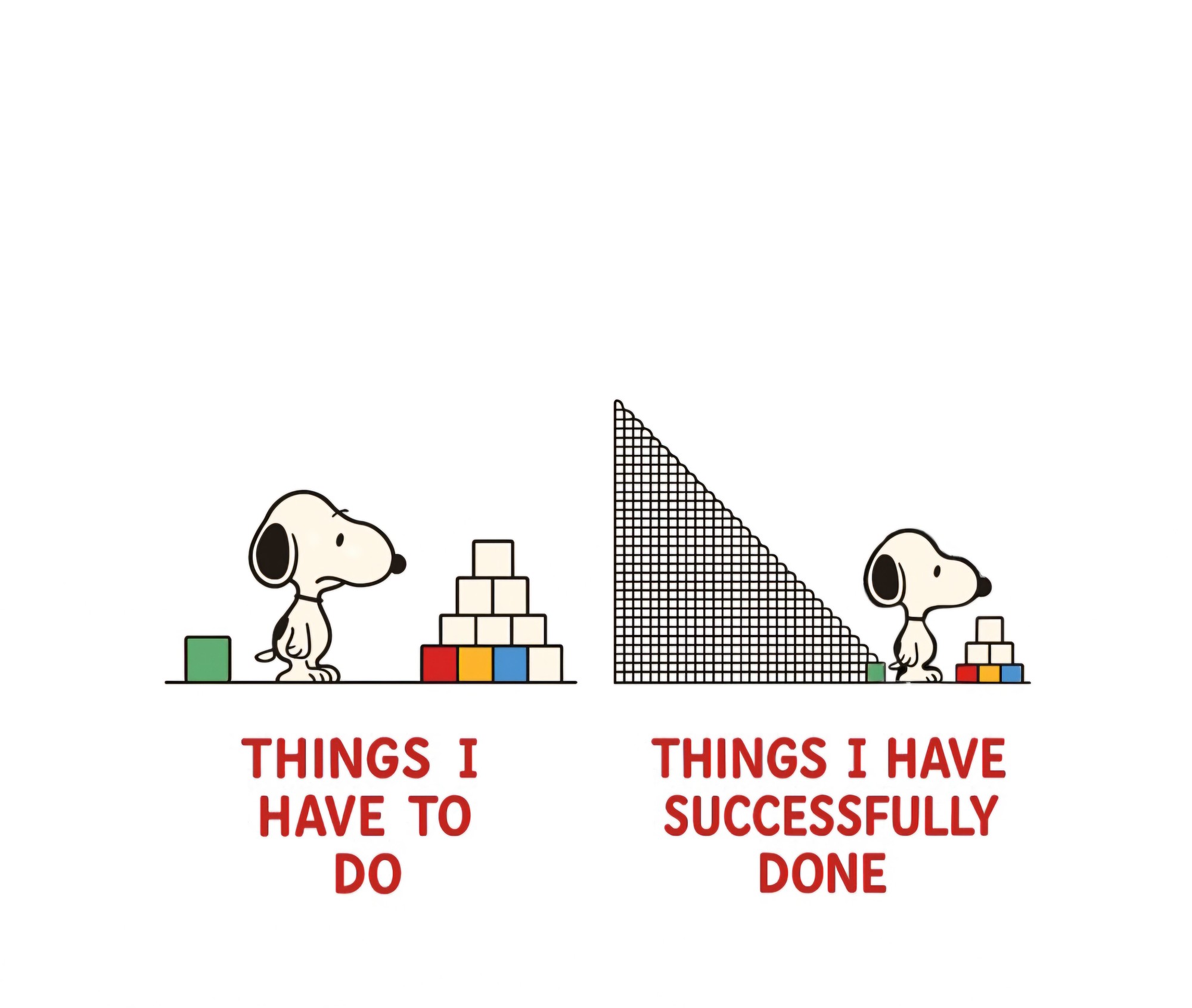Lemmy Be Wholesome
Welcome to Lemmy Be Wholesome. This is the polar opposite of LemmeShitpost. Here you can post wholesome memes, palate cleanser and good vibes.
The home to heal your soul. No bleak-posting!
Rules:
1. Be Respectful
Refrain from using harmful language pertaining to a protected characteristic: e.g. race, gender, sexuality, disability or religion.
Refrain from being argumentative when responding or commenting to posts/replies. Personal attacks are not welcome here.
...
2. No Illegal Content
Content that violates the law. Any post/comment found to be in breach of common law will be removed and given to the authorities if required.
That means: -No promoting violence/threats against any individuals
-No CSA content or Revenge Porn
-No sharing private/personal information (Doxxing)
...
3. No Spam
Posting the same post, no matter the intent is against the rules.
-If you have posted content, please refrain from re-posting said content within this community.
-Do not spam posts with intent to harass, annoy, bully, advertise, scam or harm this community.
-No posting Scams/Advertisements/Phishing Links/IP Grabbers
-No Bots, Bots will be banned from the community.
...
4. No Porn/Explicit
Content
-Do not post explicit content. Lemmy.World is not the instance for NSFW content.
-Do not post Gore or Shock Content.
...
5. No Enciting Harassment,
Brigading, Doxxing or Witch Hunts
-Do not Brigade other Communities
-No calls to action against other communities/users within Lemmy or outside of Lemmy.
-No Witch Hunts against users/communities.
-No content that harasses members within or outside of the community.
...
6. No NSFW Content
-Content shouldn't be NSFW
-Refrain from posting triggering content, if the content might be triggering try putting it behind NSFW tags.
7. Content should be Wholesome, we accept cute cats, kittens, puppies, dogs and anything, everything that restores your faith in humanity!
Content that isn't wholesome will be removed.
...
8. Reposting of Reddit content is permitted, try to credit the OC.
-Please consider crediting the OC when reposting content. A name of the user or a link to the original post is sufficient.
...
- No politics. So no mentioning government officials etc
Also check out:
Partnered Communities:
...
Reach out to @[email protected] for inclusion on the sidebar.
All communities included on the sidebar are to be made in compliance with the instance rules.~~___~~___
view the rest of the comments

Ai senses are tingling. On the right the to do pyramid is smaller than on the left (3 as opposed to 4 blocks)
Along with the green cube being in the same space as 2x2 white cubes, and missing a white cube for the first "step" on the bottom right of the cube staircase. prob where that green cube is supposed to go.
The rounded edges on the right panel are slightly sus, but ill chalk that up to more artistic style to quickly draw lots of cubes than sus.